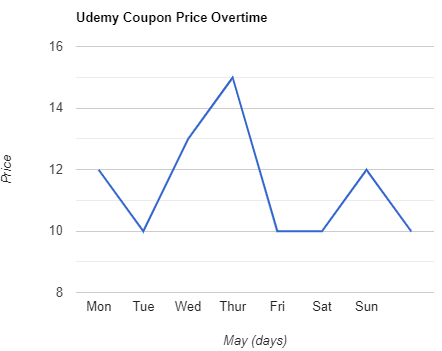Lecture Collection - Natural Language Processing with Deep Learning (Winter 2017)
Created by: Christopher Manning
Produced in 2017
 Quality Score
Quality Score
Overall Score : 0 / 100
 Live Chat with CourseDuck's Co-Founder for Help
Live Chat with CourseDuck's Co-Founder for Help
 Course Description
Course Description
 Instructor Details
Instructor Details

- 0.0 Rating
 0 Reviews
0 Reviews
Christopher Manning
Christopher Manning is the inaugural Thomas M. Siebel Professor in Machine Learning in the Departments of Computer Science and Linguistics at Stanford University and Director of the Stanford Artificial Intelligence Laboratory (SAIL). His research goal is computers that can intelligently process, understand, and generate human language material. Manning is a leader in applying Deep Learning to Natural Language Processing, with well-known research on Tree Recursive Neural Networks, the GloVe model of word vectors, sentiment analysis, neural network dependency parsing, neural machine translation, question answering, and deep language understanding. He also focuses on computational linguistic approaches to parsing, robust textual inference and multilingual language processing, including being a principal developer of Stanford Dependencies and Universal Dependencies. Manning has coauthored leading textbooks on statistical approaches to Natural Language Processing (NLP) (Manning and Schutze 1999) and information retrieval (Manning, Raghavan, and Schutze, 2008), as well as linguistic monographs on ergativity and complex predicates.
 Students also recommend
Students also recommend

-
MIT OpenCourseWare - Artificial Intelligence (2010)
-
0.0 (0 Reviews)
-
 Provider: MIT OpenCourseWare
Provider: MIT OpenCourseWare Time: 18h 30m
Time: 18h 30m
Free

-
UC Berkeley CS188 Intro to AI (2012)
-
3.0 (1 Reviews)
-
 Provider: Berkeley AI Materials
Provider: Berkeley AI Materials Time: 30h 30m
Time: 30h 30m
Free

-
Artificial Intelligence: A Modern Approach (2009)
-
0.0 (0 Reviews)
-
 Provider: Pearson Education Limited
Provider: Pearson Education Limited
$159.99




